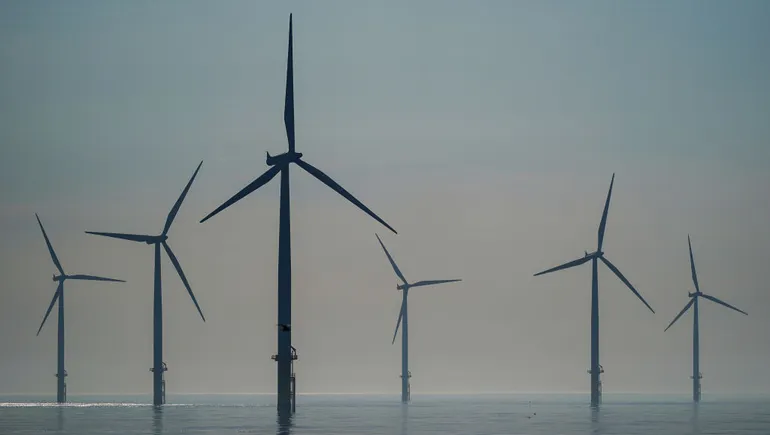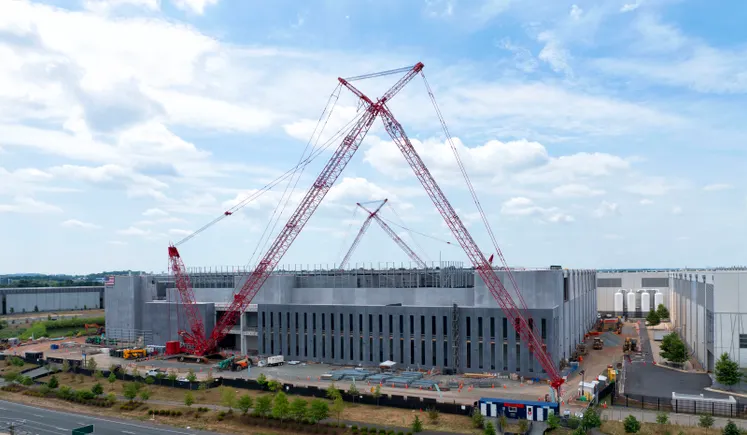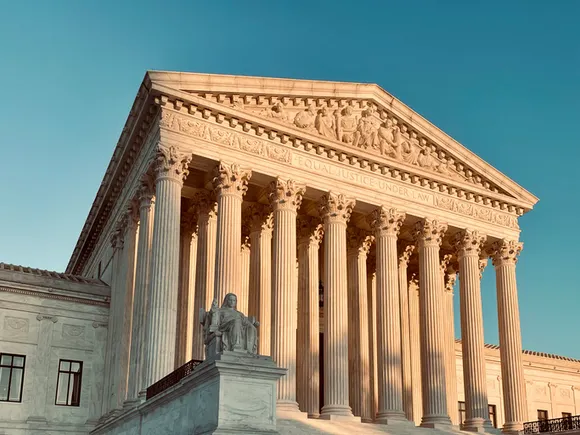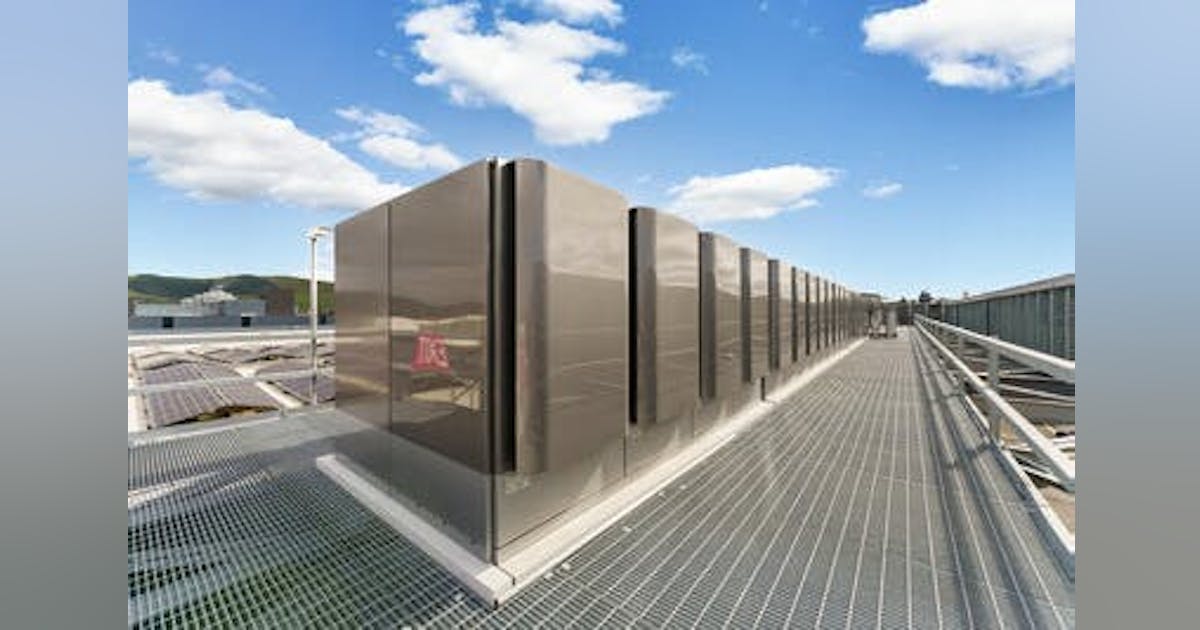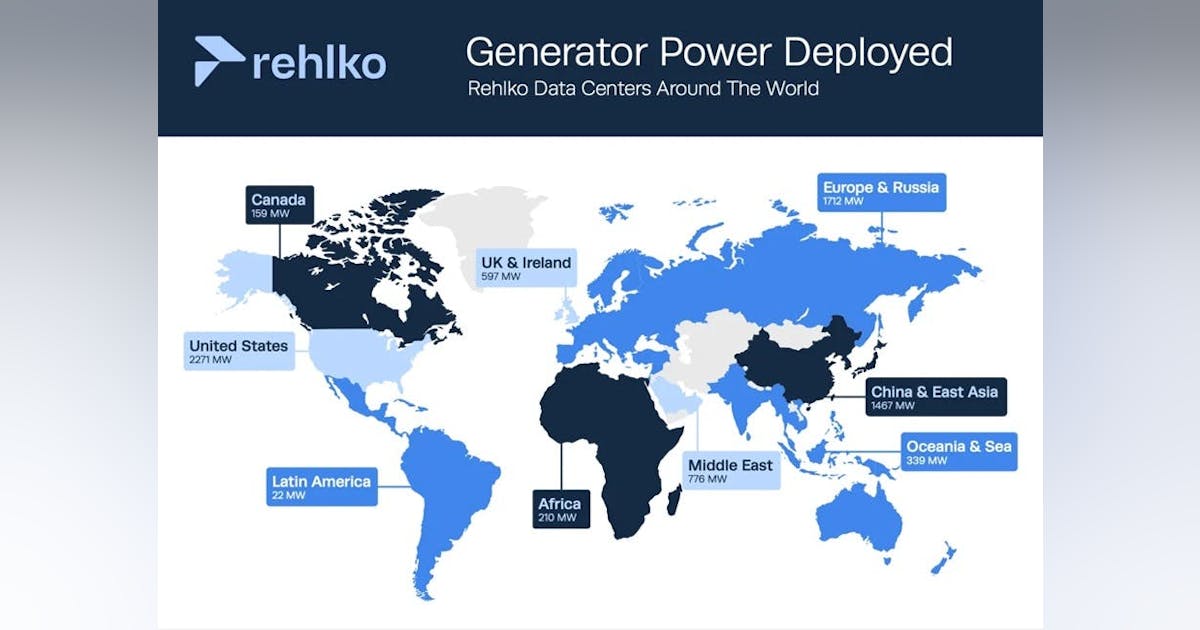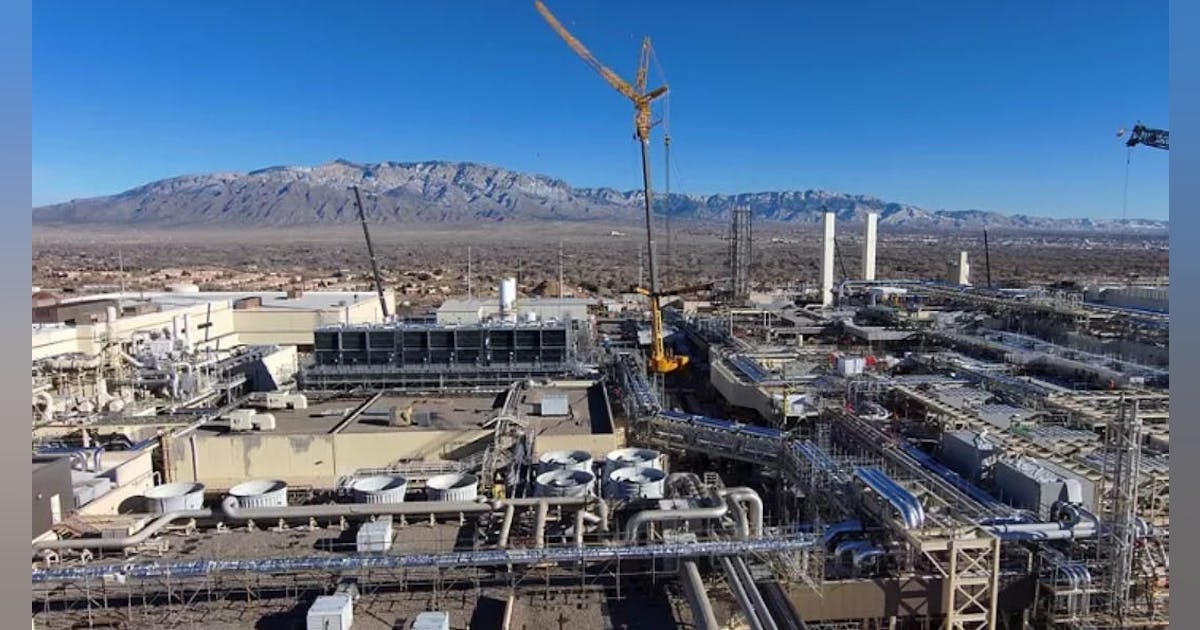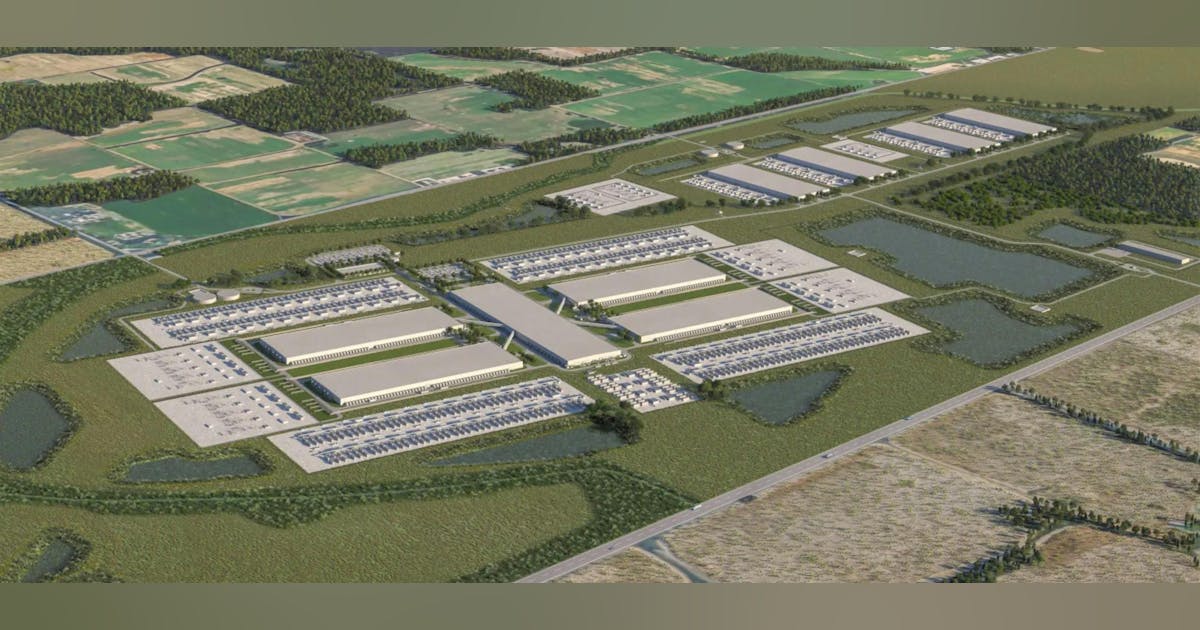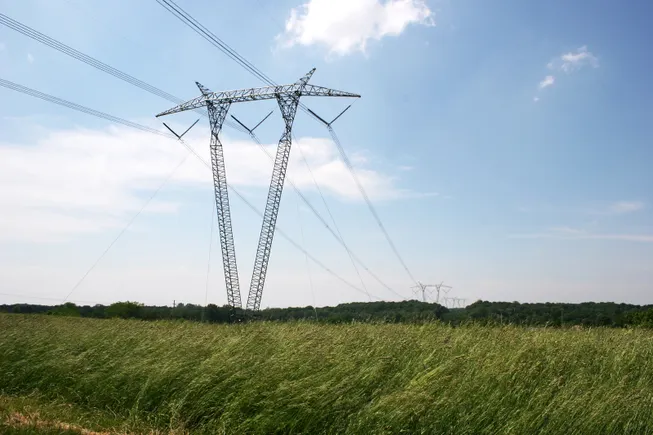
The Illinois Commerce Commission, Invenergy and consumer groups are urging the Federal Energy Regulatory Commission to dismiss a petition from Ameren Illinois seeking the right to build about $1.9 billion in transmission projects in the state.
The Midcontinent Independent System Operator and Exelon — on behalf of its Commonwealth Edison utility subsidiary — told FERC that courts should determine whether a precedent under Illinois law gives Ameren Illinois the right of first refusal, or ROFR, to build the transmission lines that MISO contends are eligible for competitive bids.
Ameren Illinois contends that judicial precedent in Illinois enforcing the state’s “first in the field” doctrine gives the utility dibs on building MISO-approved transmission projects in the state, according to a petition filed by the Ameren subsidiary at FERC on July 24.
MISO improperly determined that two 765-kV transmission projects in Illinois were eligible to be put out to bid, according to Ameren Illinois. The projects are the Woodford County–Illinois/Indiana State Line project and the Sub T–Iowa/Illinois State Line–Woodford County project. MISO estimates they would cost $984.6 million and $940.1 million to build, respectively, and would come online in 2034.
The projects are part of MISO’s Tranche 2.1 set of regional transmission projects that the grid operator’s board approved in December.
Illinois lacks a ROFR, according to the ICC. Illinois Gov. JB Pritzker, a Democrat, in 2023 vetoed a bill that would have given incumbent utilities in the state a ROFR, the commission noted.
“Illinois has specifically declined to adopt an ROFR statute, and the Illinois [first in the field] doctrine has never been found by any Illinois court to constitute an ROFR,” the ICC said in an Aug. 25 filing at FERC.
Further, Ameren Illinois on July 14 sued MISO in the Illinois Circuit Court for Woodford County arguing it effectively has a ROFR via the first in field doctrine. FERC should let the court decide the outcome of the dispute, the state commission said.
MISO told FERC that it followed its rules when it put the Illinois projects out to bid.
“While on its face the ‘first in the field’ doctrine appears to provide some preference to established public utilities, the specific factual context is important and could be determinative,” MISO said. “Without a binding determination from an Illinois court or other competent tribunal, it is not clear whether the ‘first in the field’ doctrine has any application in the specific context presented by this case.”
Six states in MISO’s footprint have ROFR laws giving incumbent utilities the first crack at building MISO-approved projects in their footprint that would otherwise be put out to bid, according to the grid operator.
The dispute should be resolved by Illinois regulators and courts, not FERC, according to Invenergy Transmission. “Ameren’s petition skirts past the Governor’s veto by never mentioning it, and by requesting that the commission interpret Illinois judicial precedent as creating a right of first refusal where none has ever been found to exist,” the Chicago-based company said.
Exelon also said the issue should be settled by Illinois regulators and courts. “Ameren has not explained why FERC should opine on this question, let alone what would happen in the event that FERC grants its petition, but the Illinois Commission or courts later determine that the [first in the field] doctrine does not mean what Ameren asserts,” the Chicago-based utility company said.
A coalition of consumer-oriented groups — the Electricity Transmission Competition Coalition, the Industrial Energy Consumers of America, the Coalition of MISO Transmission Customers and the Illinois Industrial Energy Consumers — urged FERC to dismiss Ameren Illinois’ petition.
“The alleged controversy is based entirely on the false premise that there is enforceable judicial precedent in Illinois granting incumbent transmission providers first in the field status for regional transmission projects paid for broadly across the MISO north/central region,” the groups said.
Legal cases show that the first in the field doctrine is a case-by-case factual inquiry undertaken by the Illinois Commerce Commission during certificate of public convenience and necessity approval proceedings — not blanket protection from competition, the groups said.





